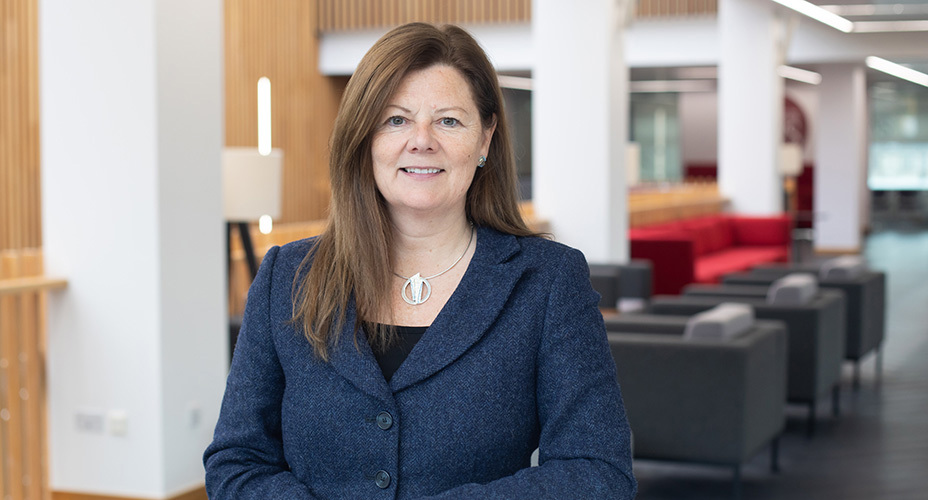Tuesday 23 07 2024

On the 10th anniversary of the Glasgow 2014 Commonwealth Games, a new survey reveals that 75% of Scots believe the event significantly boosted national pride, enhanced international reputation, and improved public health and access to sports facilities - cementing its legacy for the city and the nation.
The survey commissioned by Spirit of 2012 and the Centre for Culture, Sport & Events (CCSE) at University of the West of Scotland and conducted by Focaldata, polled 1,151 adults across the nation, revealing high levels of public positivity about the event’s enduring legacy.
The survey found that the Glasgow Games significantly boosted civic and national pride, with 71% of respondents reporting increased civic pride in Glasgow and 75% feeling a heightened sense of national pride in Scotland, especially among younger age groups.
Additionally, 75% of participants believe the games improved Scotland’s international reputation, while 69% agreed the event enhanced access to sporting facilities and activities, and 76% acknowledged an increased emphasis on public health and physical activity. 73% supported the idea that hosting the 2014 Games enabled Glasgow to host other major sporting events, with 69% believing the games have generated a lasting impact for the city.
Reflecting on these results, Professor Gayle McPherson, Chair in Events and Cultural Policy and Director of the Research Centre for Culture, Sport & Events at UWS, said: “The Glasgow 2014 Commonwealth Games stand as a testament to the power of well-organised sporting events to foster civic and national pride, improve public health and wellbeing, and enhance international reputation.
“The high levels of public positivity we see today underscore the enduring legacy of the games, not just for Glasgow, but for Scotland as a whole.”
The data reveals that the positive impacts of Glasgow 2014 extend beyond the immediate vicinity of the host city. Agreement about the benefits was high among people living outside Glasgow, highlighting the broad reach of the event’s legacy.
Interestingly, 40% of the sample either did not participate in or could not remember participating in the games, yet still recognised their wide-ranging benefits. This finding suggests that the perceived value of such events is significant even among those who did not directly engage with them.
Professor McPherson continued:
“As Glasgow and Scotland look to the future, the implications for policy are clear. Sporting events that are responsibly planned and inclusively executed can leave a lasting, positive legacy.
“The potential for hosting the next Commonwealth Games in 2026 presents an exciting opportunity for Glasgow to build on the foundations laid a decade ago. The city aims to reinforce its reputation as an event-friendly destination, ensuring that future events continue to deliver wide-ranging benefits for all.”
Reflecting on the legacy of the Games in Scotland, Ruth Hollis, Chief Executive of Spirit 2012, said: “Anniversaries are a time to reflect on how far we’ve come. The city of Glasgow, and nation of Scotland, can be immensely proud of the impact they have delivered in the 10 years since hosting the 2014 Commonwealth Games and this polling shows the lasting positive effects that major events can have on the places that host them. We are delighted to see that people still recognise that effect 10 years on.
“Major sporting events, like the Commonwealth Games, often have ambitious aims to get people active. We know through legacy programmes we have funded in Scotland that the appetite is there for people to become more active, as this polling confirms, but we also know there is always more to be done to continue to address health inequalities through physical inactivity.”
We applaud the focus of the Scottish Government, sportscotland and local authorities’ partners in continuing to invest in inclusive activity programmes and eliminate barriers to participation to take advantage of this.